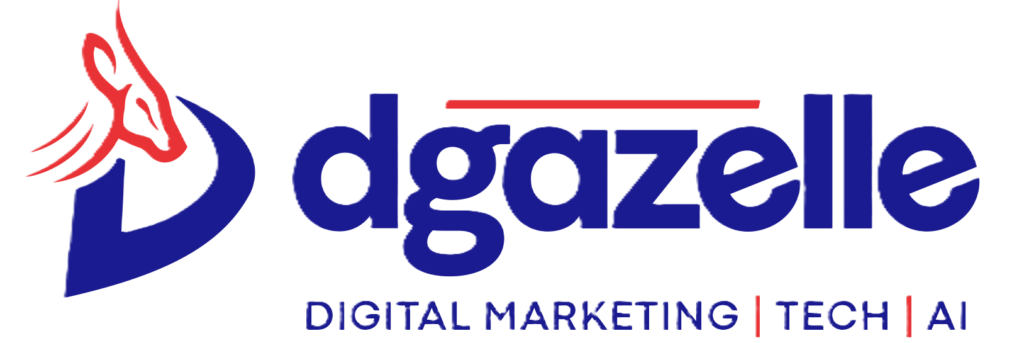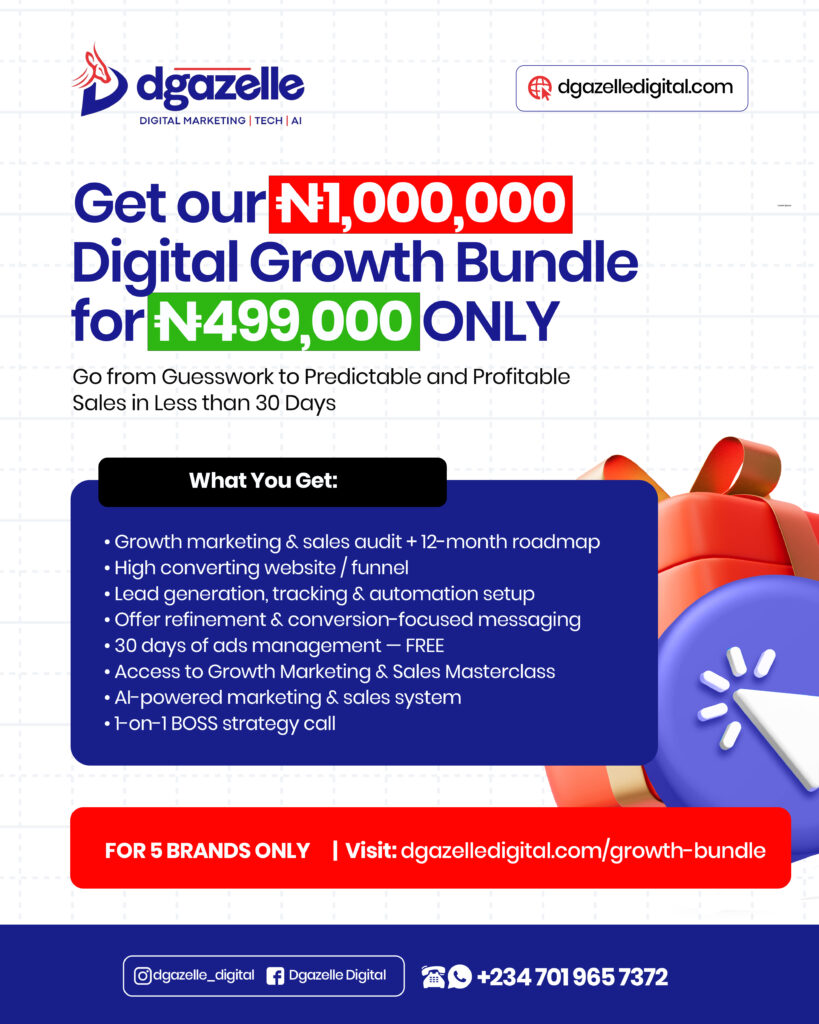In today’s rapidly evolving digital landscape, making informed decisions about marketing spend has never been more crucial. As we navigate through 2025, businesses face a transformed marketing environment shaped by sophisticated Google algorithm updates, AI-powered solutions, and shifting consumer behaviors. The question isn’t just about where to spend your marketing budget – it’s about making investments that deliver measurable results.
A comprehensive analysis of marketers across diverse industries, reveals fascinating insights into how successful businesses are adapting their marketing strategies for 2025. With inflation rates stabilizing and significant geopolitical shifts influencing market dynamics, we’re seeing innovative approaches to budget allocation that might surprise you.
Factors Impacting Digital Marketing Investment
When marketers plan their budgets, several factors influence their spending decisions. According to survey, the top three factors shaping marketing investments for 2025 are:
- Budget and Resources
- Market Trends and Competition
- Business Growth Goals
Let’s dive deeper into these factors and what they mean for your strategy.
Though budgets are rising, companies remain cautious about spending. The focus is on proven strategies like SEO, PPC, and email marketing — channels that offer high ROI and predictable results.
Market trends and competition also influence decisions. Businesses are keeping a close eye on competitors while gradually adopting new technologies like AI, automation, and omnichannel marketing to stay relevant.
To optimize your budget:
- Prioritize high-ROI channels
- Invest in proven strategies
- Experiment wisely to stand out
Balancing stability with innovation will help businesses thrive in 2025. So, what marketing strategies are these budgets funding? Let’s take a look
How Marketers Are Allocating Their Budgets in SEO and Organic Social for 2025
According to Neil Patel, 44% of marketers plan to increase their SEO budget in 2025, with the primary reason being that SEO is still thriving despite AI’s impact on search results. Most marketers believe AI-driven search hasn’t significantly reduced traffic, making SEO a safe and profitable channel.
Meanwhile, 39% plan to maintain their current SEO budget because it’s already delivering results. For the 17% reducing SEO budgets, the reasons are linked to:
- Fear of algorithm changes, which could cause unpredictable traffic shifts.
- Uncertainty about future search results due to AI advancements.
Organic Social Spending
25% of marketers plan to increase their organic social budgets, citing its value in building brand awareness and fostering long-term relationships — even if it doesn’t always drive direct conversions. 17% will keep their organic social budget the same, acknowledging that social media is still where the attention is and remains a vital communication tool for customer engagement.
Content Creation
A significant 63% of marketers plan to increase their content creation budgets in 2025. The top reasons are:
- Keeping up with diverse formats across multiple platforms.
- Human-created content outperforms AI-generated content, prompting a renewed focus on quality content.
- Podcasting’s rising influence as a key channel.
Meanwhile, 33% will maintain their current budgets, seeing the value in repurposing content across different campaigns and formats.
AI SEO
A staggering 97% of marketers plan to invest in optimizing for AI-driven platforms like ChatGPT and SearchGPT, recognizing these tools as valuable discovery channels.
Only 2% will keep their AI SEO budget steady, while a mere 1% will reduce investment, citing limited returns from AI recommendations so far.
Email Marketing
Despite being a long-standing digital marketing channel, 28% of marketers plan to increase their email marketing budget in 2025. The main reasons include:
- Growing email lists, which naturally increases costs.
- Algorithm changes on other platforms make owning an email list more crucial.
Meanwhile, 59% will maintain their current budget, noting that email marketing consistently drives sales and engagement.
However, 13% plan to reduce their email marketing spend, often due to switching vendors or scrubbing email lists to cut costs.
Paid Social Ads
X (formerly Twitter) leads the way, with 55% of marketers planning to increase their ad budget. The primary reasons are Affordable ad rates. and Increased political neutrality, encouraging more brands to engage. For other platforms, the reasons for maintaining ad spend vary:
- Facebook: Effective, but some marketers prioritize other networks.
- Instagram & TikTok: Influencer marketing delivers a better ROI.
- YouTube: Budgets are maintained for economic reasons.
- LinkedIn: Essential for B2B marketing, though ROI limits budget increases.
- Pinterest & Snap: Limited ad volume for scaling despite good ROI.
Exploring Other Ad Channels in 2025 Marketing Spend
The increasing budgets for podcasting, influencer marketing, and connected TV (CTV) align with audience shifts toward these channels. However, the remarketing budget jump of 89% stood out as a surprising trend.
Why the surge? Remarketing strategies help brands make cold traffic warmer, reducing initial ad costs. Instead of focusing solely on cold leads, marketers now run ads to engage content and then remarket to those who’ve shown interest, improving conversion rates.
However, some ad channels are seeing budget cuts due to economic factors or lower-than-expected ROI.
For influencer marketing, budget decreases often stem from internal management pains and labor costs associated with maintaining multiple influencer relationships. While influencer campaigns are impactful, the time and resources required to manage them can be daunting.
Overall, marketers are being more strategic, focusing on cost-effective methods to maximize ad performance and improve long-term returns.
What Does This Mean for Me?
Based on the research, paid search marketing, organic strategies, and email marketing top the list of channels marketers plan to invest in for 2025. Companies are balancing immediate returns with sustainable growth, prioritizing proven strategies in response to economic uncertainty.
Let’s break down how each leading strategy contributes to your business goals:
- Paid Strategies: Quick Wins for Immediate ROI: Marketers are focusing on PPC, paid social ads, and remarketing. These channels deliver immediate results, helping businesses drive traffic and conversions fast.
- Organic Strategies: Long-Term Brand Building: A significant portion of budgets is being directed toward SEO, AI SEO, and content creation. These investments aim to improve brand visibility, increase traffic over time, and build trust with customers.
- Email Marketing: Nurture Leads and Drive Conversions: With 28% of marketers increasing their email marketing budget, it remains a cost-effective channel to build lasting customer relationships. Companies are using email to nurture leads over time and convert them into paying customers.
- Balancing Immediate and Long-Term Wins: Marketing budgets for 2025 are conservative, favoring proven strategies over experimental approaches like AR/VR or influencer marketing. Companies are playing it safe, focusing on omnichannel strategies to balance quick wins with long-term brand growth.
The message is clear:
Spend wisely. Focus on what works. Experiment within reason.
Conclusion
Despite economic challenges, marketers are optimistic about 2025, with many choosing to increase or maintain their budgets across proven channels like SEO, paid ads, email marketing, and remarketing.
This optimism is driven by declining inflation and lowering interest rates, signaling improved market conditions ahead.
Businesses are playing it safe by prioritizing high-ROI strategies and balancing short-term returns with long-term brand growth. The focus remains on maximizing existing resources, targeting sustainable channels, and staying ahead of competition by adapting to market trends.
At Dgazelle, we offer data-driven digital marketing strategies tailored to your business needs. Whether it’s SEO, paid ads, or email marketing, we focus on delivering measurable results.
Get in touch today and maximize your marketing budget and grow your business in 2025!







